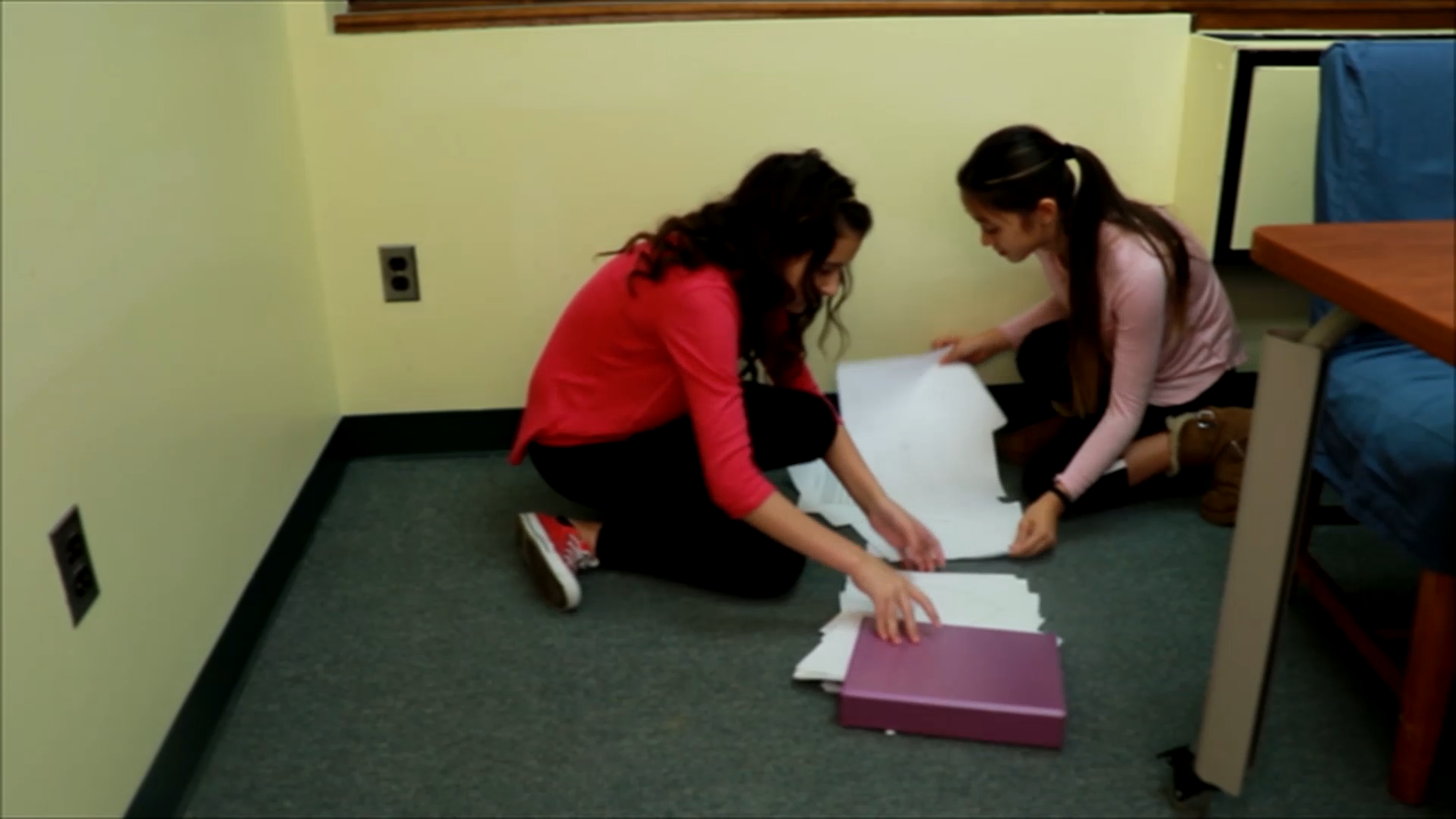Apologizing is an essential skill in building and maintaining healthy relationships. For students in Special Education, understanding the nuances of apologizing can be particularly challenging. This blog post will explore the importance of teaching students how to apologize effectively and provides an easy-to-implement, no-prep activity for educators to use in the classroom. Additionally, we will discuss related social-emotional learning skills and how to access free resources for further skill development.
Introduction
When students learn how to apologize effectively, they develop empathy, self-awareness, and social awareness. These are crucial components of social-emotional learning, which helps students navigate social situations and form healthy relationships with others. A sincere apology involves looking at the other person, expressing one’s feelings, saying “sorry” in a genuine tone of voice, and offering to help make the situation right. By teaching this skill in Special Education, educators can support their students in fostering positive connections both inside and outside the classroom.
No-Prep Activity
The following activity requires no preparation or materials and can be easily implemented in the classroom:
Role-Play Scenarios
- Divide students into pairs or small groups.
- Provide each group with a common scenario where an apology might be necessary (e.g., accidentally knocking someone’s belongings off their desk).
- Have one student in each group act as the person who needs to apologize, while the other(s) act as the person receiving the apology.
- Encourage students to practice the key components of an effective apology: looking at the person, expressing feelings, saying sorry sincerely, and offering to help make the situation right.
- After each student has had a chance to practice apologizing, bring the class together for a group discussion to reflect on the experience and share any challenges they faced during the role-play.
Discussion Questions
Use these questions to stimulate further discussions about the importance of apologizing and the social-emotional learning skills involved:
- Why is it important to look at the person when apologizing?
- How can expressing your feelings during an apology help the other person understand your perspective?
- What are some ways to ensure your tone of voice sounds sincere when apologizing?
- Why is it important to offer help in making the situation right following an apology?
- Can you think of a time when you apologized to someone and it positively impacted your relationship with them? Share the experience with the class.
Related Skills
Teaching students how to apologize effectively is just one component of building strong social-emotional skills. Other related skills that can support students in Special Education include:
- Active listening
- Empathy
- Conflict resolution
- Self-awareness
- Emotion regulation
Next Steps
Interested in exploring more activities and resources to help teach your students the art of sincere apologies and other social-emotional learning skills? Sign up for free sample materials at Everyday Speech, where you’ll find a wealth of resources designed to support educators in fostering social-emotional learning in Special Education settings.






